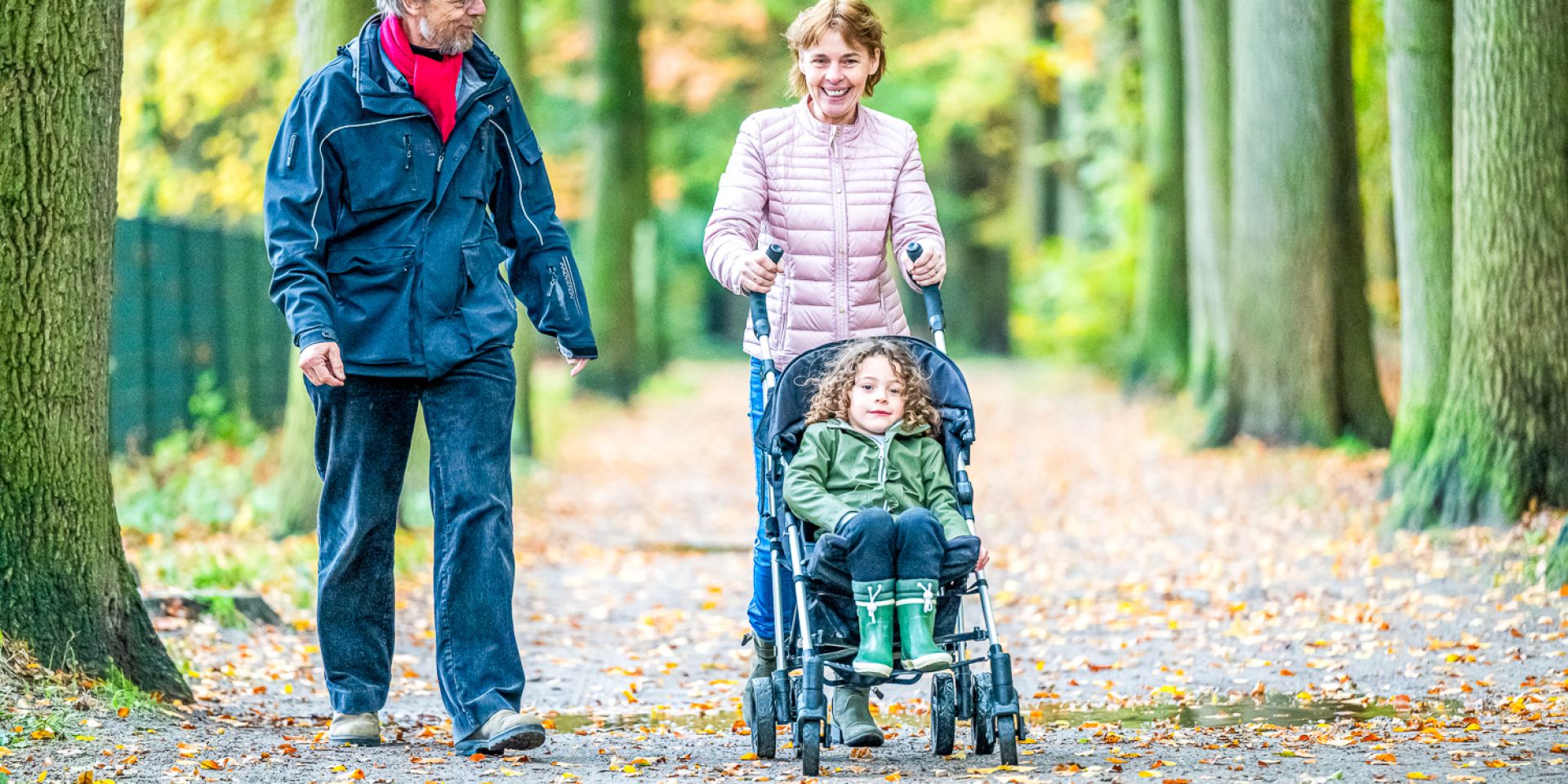
STAP-studie
Follow-up treatment for young children with ADHD symptoms and behavioural problems?
Parent training is the first step in treating children between 2½ and 6 years old with ADHD symptoms and behavioural problems. If this does not have the desired effect (i.e. less difficult behaviour and more desirable behaviour), follow-up treatment is offered. We compared the effects of two types of follow-up treatment: medication (methylphenidate) and behavioural therapy for both parents and child.
The results
- Defiant behaviour improved after treatment with medication and also after behavioural therapy, but the children taking medication clearly improved most. The group of children who had neither of the treatments did not improve at all.
- Parental stress affects how parents assess a child with overactive and defiant behaviour in a questionnaire. Practitioners must be aware of this.
- Parent training in standard treatment centres does improve the defiant and overactive behaviour of toddlers and pre-school children according to parents, particularly mothers who previously indicated they were struggling with parenting the child registered with the centre.
The children taking medication clearly improved most.
What do these results mean for practice?
This research study demonstrates that, if parent training has insufficient effect, treatment with medication is more effective than taking part in behavioural therapy. We can therefore direct treatment more effectively.
The research study
The Study of Treatment of ADHD and Behaviour Problems in Preschool ADHD (STAP) investigated two follow-up treatments for children between 2½ and 6 years old with ADHD symptoms and behavioural problems, for whom parent training (the first step in treatment) has not had sufficient effect on the behavioural problems. The research study consisted of two phases. In the first phase, parents of all children were given parent training and we investigated whether any factors were evident in both parents and child that could predict which families would benefit sufficiently from solely parent training and which families needed more. In the second phase, the children who did not respond sufficiently to parent training were allocated by draw to receive either Parent-Child Interaction Therapy (PCIT) or treatment with the medicine methylphenidate. PCIT is an intensive form of (behavioural) therapy, in which parents and child participate jointly in treatment sessions. Methylphenidate is a medicine used to treat ADHD in children from the age of 6 years. Its efficacy in younger children has not yet been properly investigated. The two forms of treatment had not been directly compared in a research study before.
The research is funded by the Netherlands Organisation for Health Research and Development (ZonMw).
